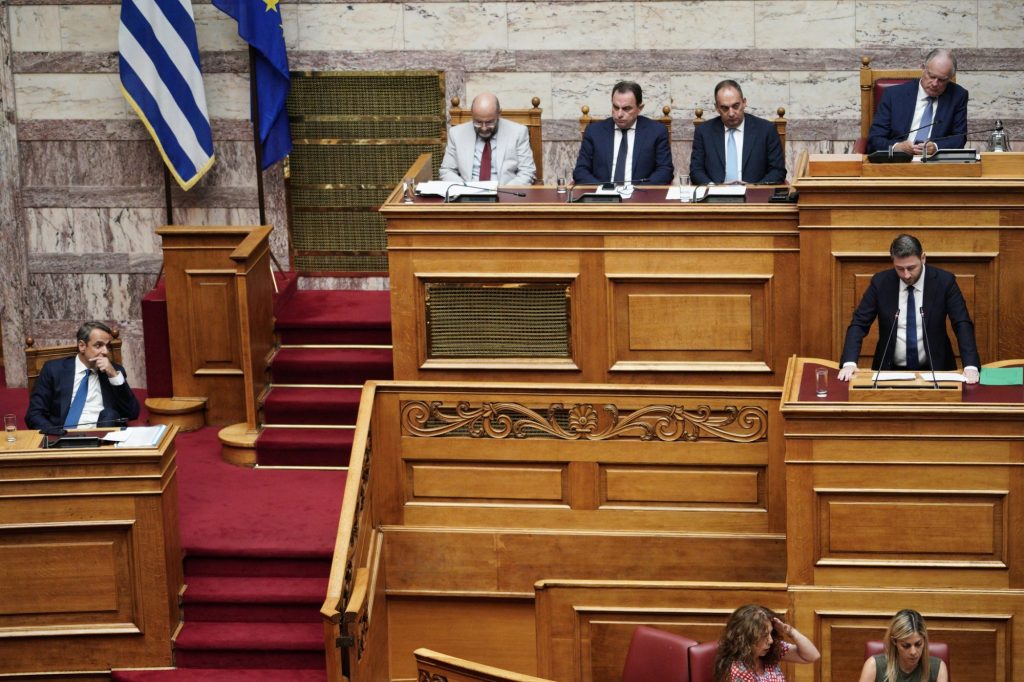A housing shortage in Greece, mostly centered in the greater Athens-Piraeus area but also evident in a handful of other urban areas and, of course, high-tourism destinations, will come under scrutiny on Friday during an off-the-agenda debate in Parliament.
Greek Prime Minister Kyriakos Mitsotakis will, in fact, address a tabled question by the opposition PASOK party and its president, Nikos Androulakis.
According to some calculations, the average increase in rent prices in Greece over the past five years is roughly 50 percent, with salaries and wages failing to keep up.
The factors exacerbating the situation, on the part of renters, are a surge in inflation after the pandemic and the Russian invasion of Ukraine, the highly successful “Golden Visa” scheme granting non-EU citizens residence permits for property purchases, and the ubiquitous “AirBnB” effect.
Although the government recently raised the minimum purchase price to 500,000 euros for certain areas (parts of Athens, Mykonos, Santorini), the 250,000-euro minimum still applies to most of Greece.
By one estimate, a shortage of nearly 212,000 residences is making finding an apartment a difficult task for younger adults and families.
At the same time, the IMF recently warned of a “bubble” in the real estate markets around the world, with the analysis also touching on Greece. Specifically, the IMF noted that the ratio between residence prices and income is six basis points above the long-term median. The same ratio is higher, by 29 basis points, when focusing on the ratio between income and lease prices.
In its recent study, Piraeus Bank said the rate of increases for residential housing in Greece between 2016 and 2022 has increased by 14%. It was this study that cited the deficit of 212,000 residences.



